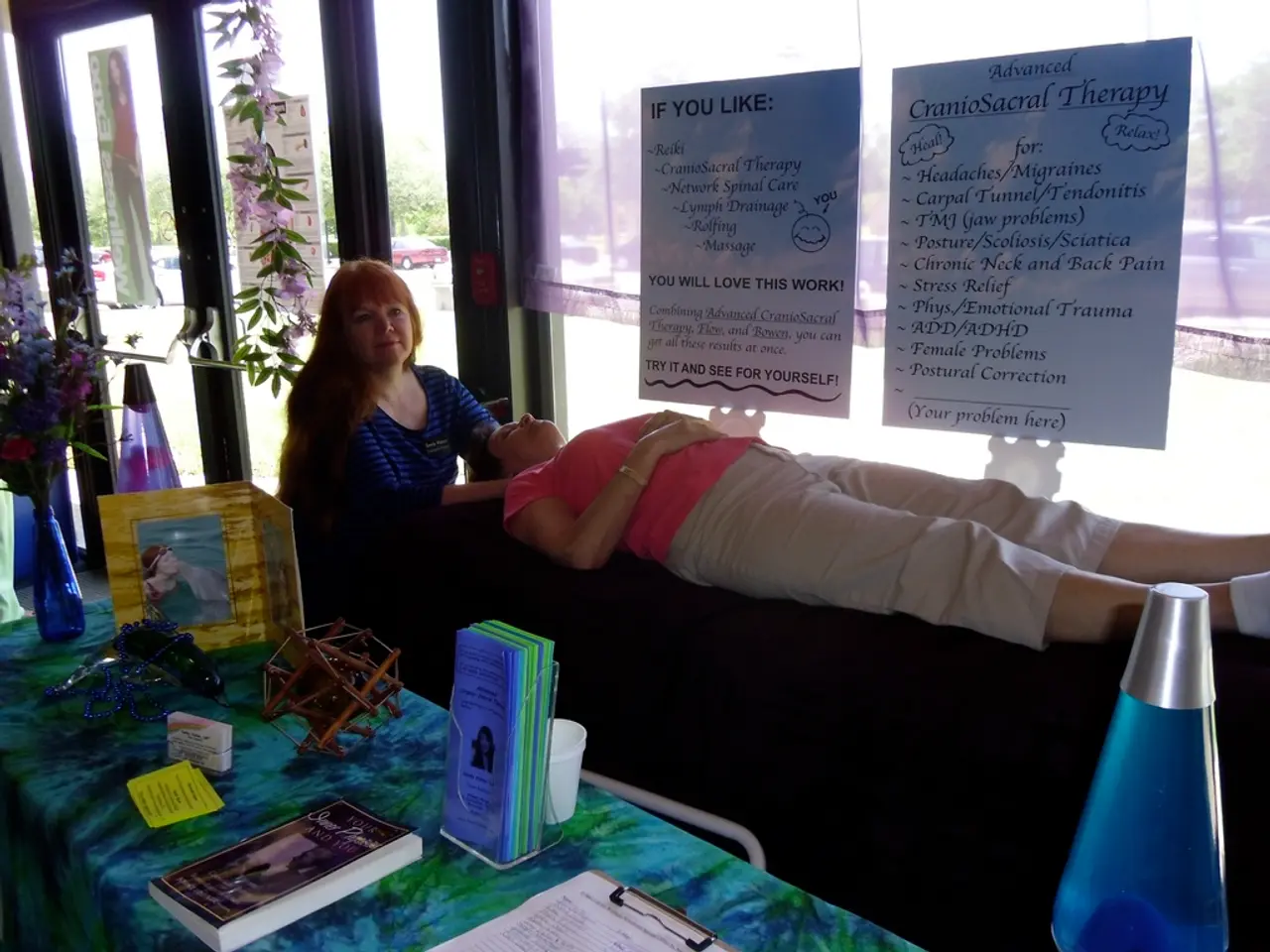Trauma-Induced Anxiety Disorder (TISD)
Post-traumatic stress disorder (PTSD) is a mental health condition that develops following a traumatic incident. This condition affects individuals who have experienced or witnessed a terrifying event that threatens their safety or the safety of those around them.
To be diagnosed with PTSD, an adult must exhibit all of the following symptoms for at least one month: re-experiencing symptoms, avoidance symptoms, arousal and reactivity symptoms, cognitive and mood symptoms.
Re-experiencing symptoms include flashbacks, recurring nightmares, and disturbing thoughts about the traumatic event. Avoidance symptoms involve avoiding places, situations, or items that remind one of the traumatic experience, as well as avoiding trauma-related thoughts and feelings or discussion of the terrible incident. In some cases, this can even lead to amnesia about the occurrence.
Arousal and reactivity symptoms include being easily frightened, having rage-filled outbursts, tension or being "on edge," and having trouble sleeping. Cognitive and mood symptoms include negative thoughts about oneself or the world, distorted emotions such as shame or blame, loss of enthusiasm for pleasurable activities, and having ideas that are unpleasant to oneself or the world.
Individuals working in jobs that expose them to violence or catastrophes are at risk for PTSD. Factors that increase the risk for PTSD include living through dangerous events and traumas, getting hurt, seeing another person hurt or a dead body, childhood trauma, feeling horror, helplessness, or extreme fear, having little or no social support after the event, dealing with extra stress after the event, having a history of mental illness or substance abuse.
Treatment for PTSD typically involves psychotherapy, which can be done one-on-one or in a group setting. Antidepressants are often used to manage PTSD symptoms such as depression, anxiety, rage, and feeling numb inside. Other drugs may be beneficial in treating certain PTSD symptoms such as insomnia and nightmares.
The long-term effects and possible complications of PTSD are significant. They include persistent mental health issues such as depression, anxiety, emotional numbness, and difficulties in mood regulation. PTSD is also associated with poorer overall functioning, lower quality of life, increased physical health problems including pain and autoimmune issues, and frequent somatic symptoms. Individuals with PTSD are at higher risk for substance use disorders, sleep disturbances, and significantly increased suicide rates.
Chronic PTSD symptoms may also contribute to social and occupational impairment, recurrent distressing memories or nightmares, and avoidance behaviors that interfere with daily life. Complex PTSD, a related but broader condition, includes additional long-term symptoms such as emotional regulation problems, negative self-concept, and interpersonal difficulties often resulting from prolonged or repeated trauma.
It's important to note that PTSD's complications are not limited to mental health but extend to the physical realm, with higher healthcare usage and absenteeism from work noted. Comorbidities like pain and autoimmune disorders can exacerbate health decline. Suicide risk is especially significant, influenced by factors such as distressing trauma memories, impulse control, anger, and guilt, notably in combat trauma survivors.
Early psychological intervention and comprehensive health planning accounting for comorbidities can improve outcomes. Some high-risk groups for long-term PTSD complications include older adults, those with low socioeconomic status, and individuals experiencing repeated or multiple traumas.
[1] Bisson, J. I., & Andrew, M. (2007). The epidemiology of post-traumatic stress disorder. The Lancet, 369(9568), 1323-1331. [2] Kessler, R. C., Sonnega, A., Bromet, E., Hughes, M., & Nelson, C. B. (1995). Posttraumatic stress disorder in the National Comorbidity Survey. Archives of General Psychiatry, 52(12), 1048-1060. [3] Stein, N. L., & McFarlane, A. C. (2000). The neurobiology of post-traumatic stress disorder. Nature Reviews Neuroscience, 1(2), 93-102. [4] Yehuda, R., & McFarlane, A. C. (2004). Genetics of post-traumatic stress disorder. Nature Reviews Genetics, 5(11), 812-821.
Forensic psychology could play a crucial role in understanding and managing the long-term effects of PTSD on an individual's mental health, as it intertwines with the study of mental health conditions and traumatic incidents. On the flip side, embracing health-and-wellness practices, such as mindfulness, physical exercise, and maintaining a healthy sleep schedule, could potentially aid in alleviating PTSD symptoms, especially those related to arousal and reactivity.




